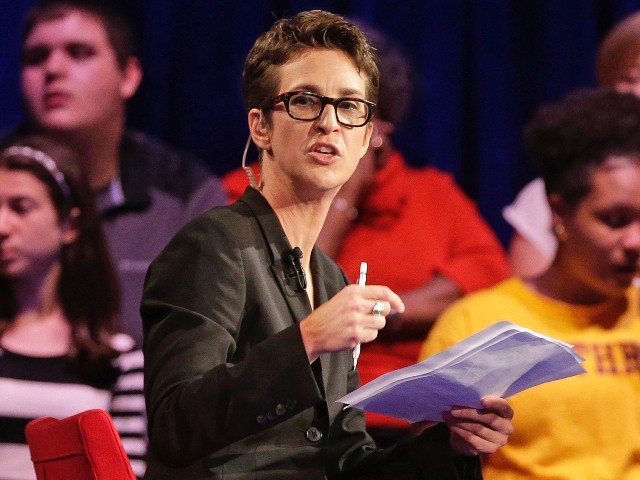By Babajide Komolafe
In spite of the rising trend in the price of crude oil, the nation’s external reserves have fallen by $1.86 billion in seven weeks to $34.66 billion.
between content ad –>
The price of crude oil, which accounts for 90 per cent of the nation’s dollar earnings, has been on the upward trend since November 30th last year, buoyed by production cut by OPEC+.
For example, the price of Nigeria’s Bonny Light crude oil rose steadily to $68.19 per barrel last weekend from $46.67 per barrel on November 30th, indicating a 46 percent percent increase in about three and half months.
However, data from the Central Bank of Nigeria, CBN, showed a different trend for the nation’s external reserves.
According to the CBN, the reserves maintained a seven weeks decline to $34.66 billion as at Wednesday last week, from N36.521 billion on January 25, 2021.
The seven weeks decline followed a five week steady increase in reserves from $34.825 billion on December 17, 2020.
Commenting, experts at Agusto & Co, a Lagos based credit rating agency, attributed the decline in reserves amidst rising crude oil price to a host of factors, including redemption of the nation’s $500 million Eurobond and maturing swap transactions as well as settlement of pent-up forex demand.
The stated: “Although oil prices have rallied in the first two months of 2021, hitting as high as $70 per barrel in March 2021, the country’s reserves have not grown at the same rate. Nigeria’s Eurobond redemption of $500 million and maturing swap transactions, rising costs from refined crude oil importation at a higher landing cost and the gradual settlement of pent-up forex demand continue to pressure gains from stronger oil prices.
“However, with an improvement in FX inflow from stronger oil prices and CBN’s unorthodox initiatives to attract dollar inflows, we expect an ease in forex illiquidity as pent-up demand for forex is met gradually.”
Meanwhile experts at…
Read the full article at www.vanguardngr.com



Connect with us on our socials: